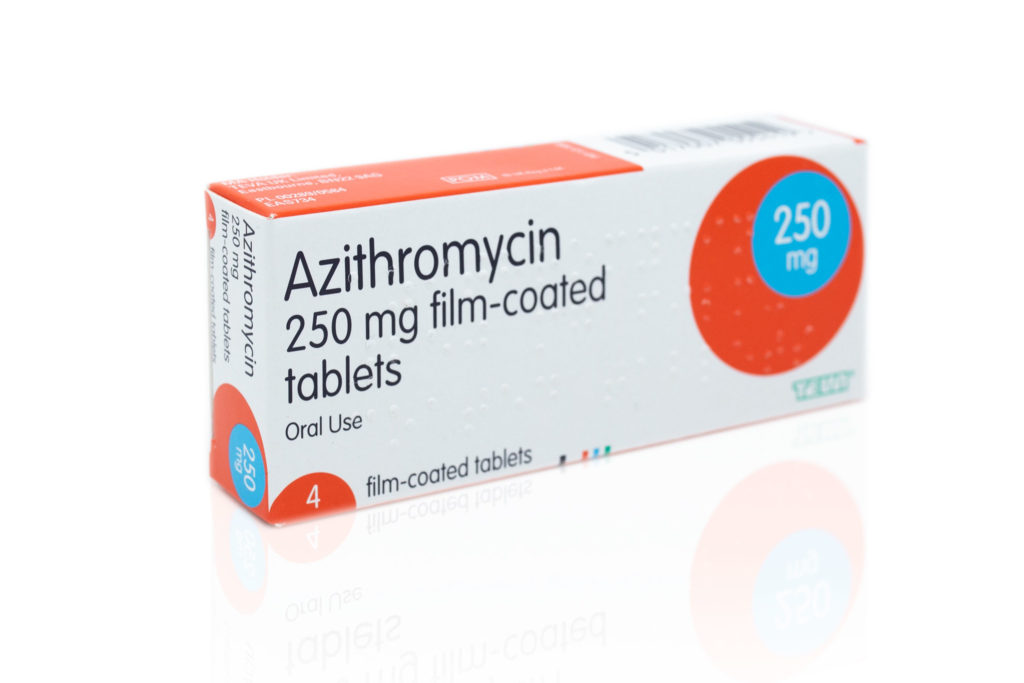A clinical trial by University of Oxford researchers has confirmed that the antibiotic azithromycin has no clinical benefit in people with moderate COVID-19.

The ATOMIC2 trial, which was supported by the NIHR Oxford Biomedical Research Centre (BRC), was established to investigate if a common antibiotic called azithromycin could prevent patients with mild-moderate COVID-19 from getting worse.
Azithromycin is a safe, inexpensive and commonly prescribed antibiotic that is available worldwide. It has a wide range of antibacterial, anti-inflammatory and antiviral properties, but there were no strong data proving whether it was effective in COVID-19.
In the last few months, several trials have reported their results. Four trials have assessed the treatment in nearly 9,000 hospitalised patients and found no benefit from azithromycin in reducing the number of deaths or how long people stay in hospital.
However it was important also to determine if azithromycin might be effective if given earlier in the disease before people became severely unwell.
In the ATOMIC2 trial, 298 participants were randomised to either azithromycin (500 mg once daily for 14 days) or to standard treatment without azithromycin. The primary endpoint – death or hospitalisation from any cause – was not significantly different between the two groups; neither were rates of respiratory failure, progression to pneumonia, all-cause mortality, and adverse events, including serious cardiovascular events.
The findings were posted on SSRN/Preprints with The Lancet. Additional details and analyses on azithromycin from the ATOMIC2 trial will be shared in the near future in peer-reviewed journals.
This study adds to the body of evidence from severe disease, and to the recent results of the larger PRINCIPLE trial, also from Oxford University, which looked at a short, three-day course of azithromycin in mild, early disease in people treated at home. Each of these studies has found no evidence of a benefit from azithromycin therapy.
Therefore in people with COVID-19, whether in mild early disease; in people with moderate disease studied in ATOMIC2; or in people hospitalised with severe disease, azithromycin has no clinical benefit.

Dr Timothy Hinks (left), Chief Investigator of the ATOMIC2 trial and an Oxford BRC Senior Research Fellow, said: “Azithromycin is a very valuable antibiotic used the world over for treating a wide range of serious infections, and remains an essential tool for any healthcare system. Its overuse, where not clearly proven to be of benefit, carries a very strong risk of driving the development of multi-resistant bacteria.
“The ATOMIC2 trial adds to the now very strong set of evidence that azithromycin is not effective in COVID-19 and it is essential it should be preserved for diseases where it is really needed.”
The ATOMIC2 trial was conducted by the Oxford Clinical Trials Research Unit and the University of Oxford’s Nuffield Department of Medicine. As well as the Oxford BRC, the trial was supported by Pfizer and from philanthropic donations provided via the University of Oxford COVID-19 Research Response Fund.